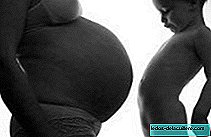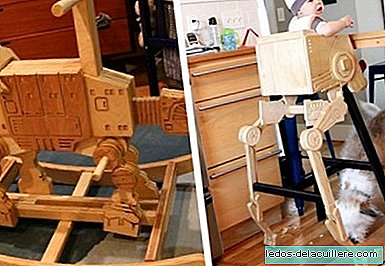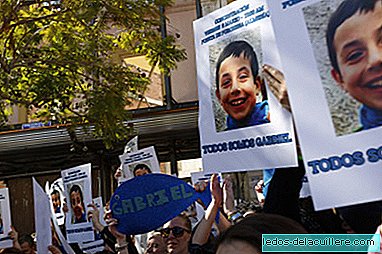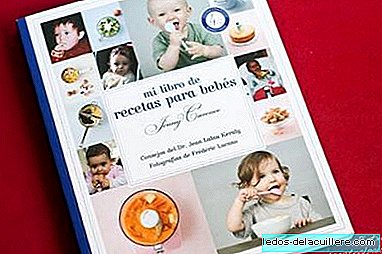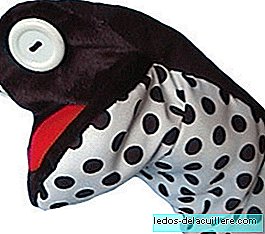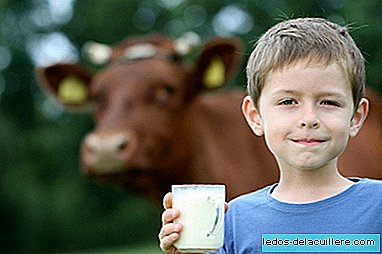As we all know, breast milk is the best possible food for a baby because it is the most adapted milk for human newborns, not only because it is human milk, but also because it adapts to each baby in particular, changing based on the age of the baby, and also based on the particularities of everyday life (If you are sick, if you are eating a lot, if you are eating little, etc.).
In the absence of breast milk, the best option to feed a baby is artificial milk, which comes from cow's milk or goat's milk. Even so, its quality is far from that of human milk because it is much less complete: breast milk contains more than 700 different bacteria, immune cells, more than 1,600 proteins with their functions each (in many cases they are not yet known) , and as we have said, it has the peculiarity of being changeable, so that it is modified with the passing of the hours and with the passing of the weeks and months.
Now a company specialized in genetic engineering He wants to try to bring the quality of artificial milk to breast milk a little, and for this he will replace animal milk proteins with recombinant human milk proteins.
They have already managed to replicate alpha-lactalbumin
As we read in Technology Review this recently created company, called BioNascent, has proposed the challenge of improving children's formulas, and ensure that have already managed to replicate alpha-lactalbumin, which is about 20 to 30% of the total protein in human milk, while in bovine milk only accounts for 3% of the total.
The reason to start with this protein is that it is in great concentration in breast milk, as we have just said, but above all it is a very simple protein at the molecular level. Craig Rouskey, the company's chief scientist, has been working with recombinant proteins for 15 years and in 2014 he launched a project called Real Vegan Cheese, to achieve cheese that did not come from animal milk, by replacing bovine proteins with laboratory ones.
Now they have managed to grow this human protein and are looking for investors to be able to request FDA approval (the US Food and Drug Administration) as a food ingredient. To date, there are FDA-approved recombinant proteins as an ingredient in medications, but not yet as food.
To achieve such approval, they should be able to demonstrate that the protein created in the laboratory is exactly the same as that produced by the human body, and that when ingested, it is correctly assimilated. In addition, it is necessary for other laboratories to prove that their consumption is safe (obviously, only studies conducted by the same company that creates the protein do not work).
The goal is to achieve 14 human milk proteins
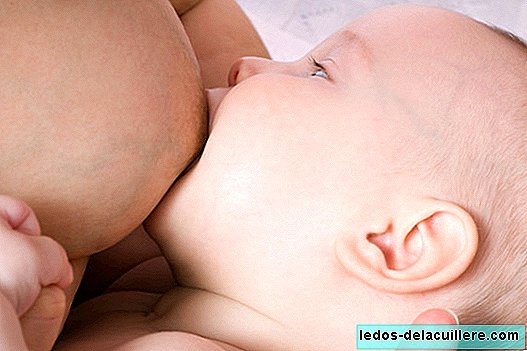
The action plan has been established in replicate 14 breast milk proteins that they consider essential for the needs of babies, and they will get them one by one. The intention is, in fact, to get the second protein in a period of about two months.
Then they would do the same with the third, and with the following, while still trying to get them to be admitted as possible ingredients of a improved artificial milk.
Would it really be a better artificial milk?
That says the theory. If bovine proteins are replaced by human proteins, the resulting new formula would resemble breast milk a little more and would be better for babies. But this, like everything else, should be proved. There are so many things that are unknown about breast milk, that perhaps changing 14 proteins would provide very few benefits in babies, precisely because the difference between one milk and the other is not only in those 14 proteins.
On the other hand, if they manage to move forward, the price issue must be assessed. The current formulas are not exactly economical, so a new improved formula is supposed to have an even higher price. Can families afford the difference? To achieve what benefit? What would make sense to make an artificial milk almost as good as breast milk (if necessary) if then almost no one can afford it? These are all questions that are still in the air, because this has just begun.
But in any case, I personally think it's good news (if it is confirmed to be a breakthrough): the better the alternative to breast milk, Better will be the health of those babies who are not breastfed for one reason or another. And to me as a nurse, what interests me is the health of babies, not a war that does not help anyone about whether a mother who gives a tit or a bottle is better mother.
What if I'm not afraid that with an artificial milk better achieved by genetic engineering, moms breastfeed less? No the truth is no. Breastfeeding is not just feeding, it is much more, and that there is no milk that can replace it.
In any case, in addition, the decision is always for women and not from health professionals. We can only report the benefits and harms of each option, and a milk with recombinant human proteins could be better than the current artificial one, but not necessarily comparable to the maternal one, because as we said at the beginning, human milk is made up of many more elements than 14 proteins, and It adapts to the baby in particular and changes every moment.
But it is the future. A future in which they will first be able to replace 14 proteins, then they will do so with many more, then they will start to take different preparations based on age (with proteins adapted for newborns, for babies of one month, two months, of three months, etc.), then they will do it based on the moment of the day (for the day and for the night), and finally the most specific ones for when they are sick (artificial milk for babies of three months with common cold, milk for babies with gastroenteritis, milk for babies with otitis, ...). The doubt, again, will be whether it will compensate to pay what they are worth for the benefit that it supposes with respect to normal artificial milk; because with respect to the maternal we already know that there will never be any way to compare them: breast milk is incomparable, and it's totally free.
Photos | iStock
In Babies and more | Cows that produce breast milk, again ?, Cases of allergy to cow's milk protein continue to appear because of the "pirate bottle", The bigger the bottle we prepare for the older baby, the more overweight it will be



